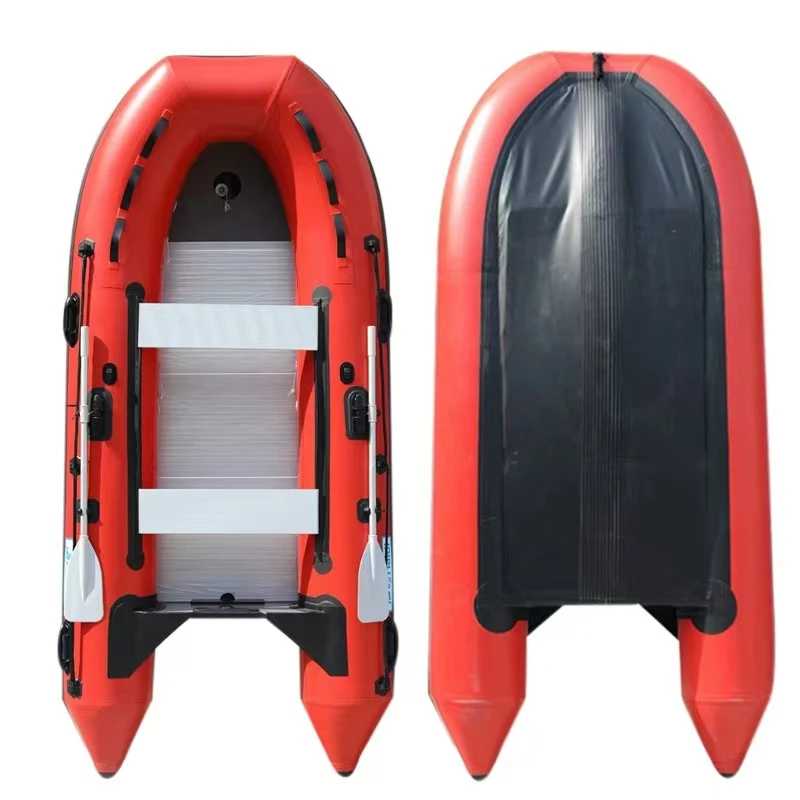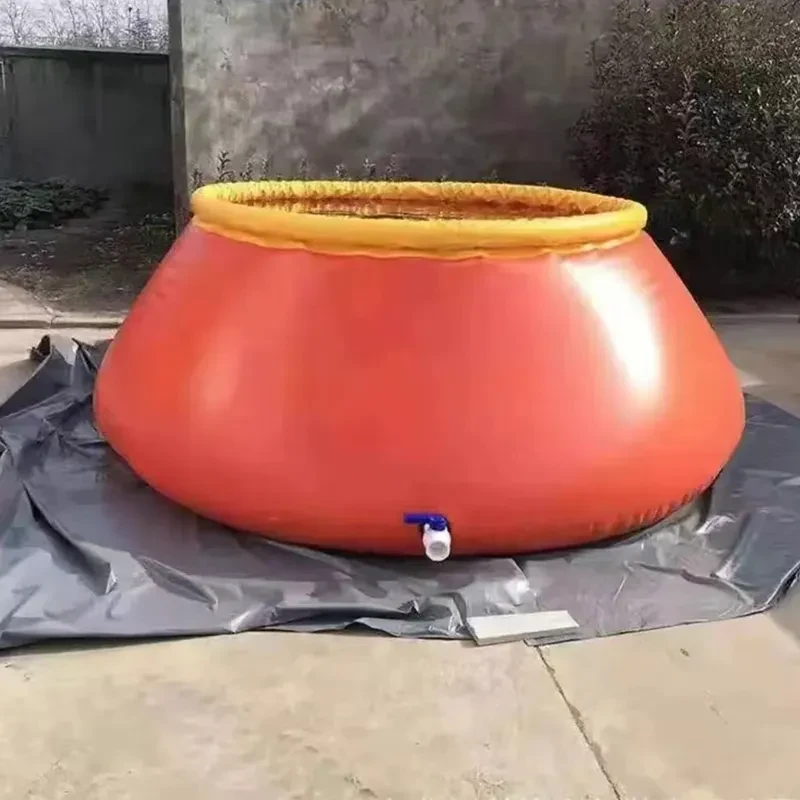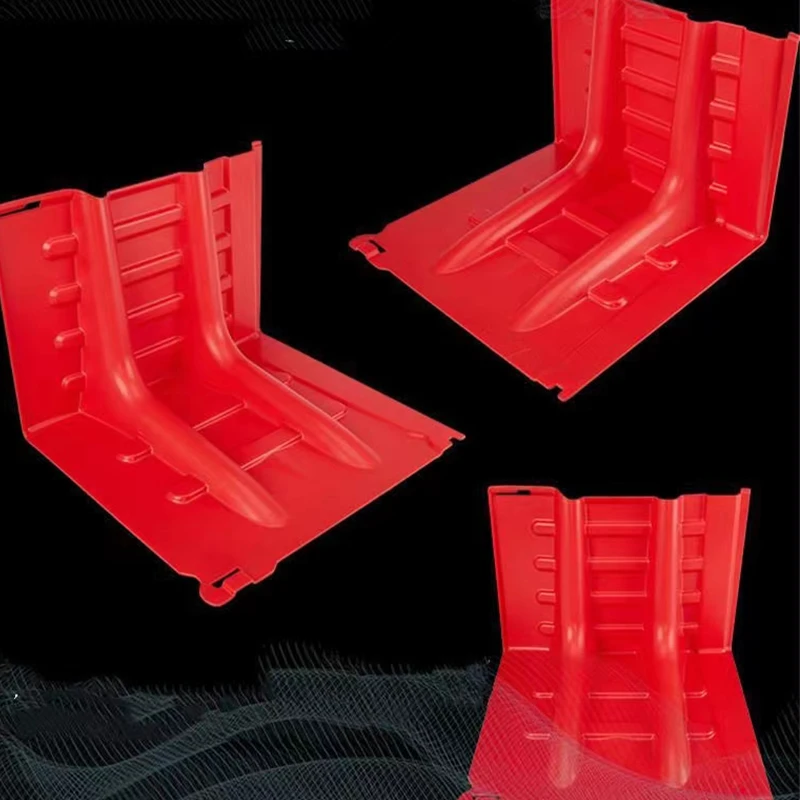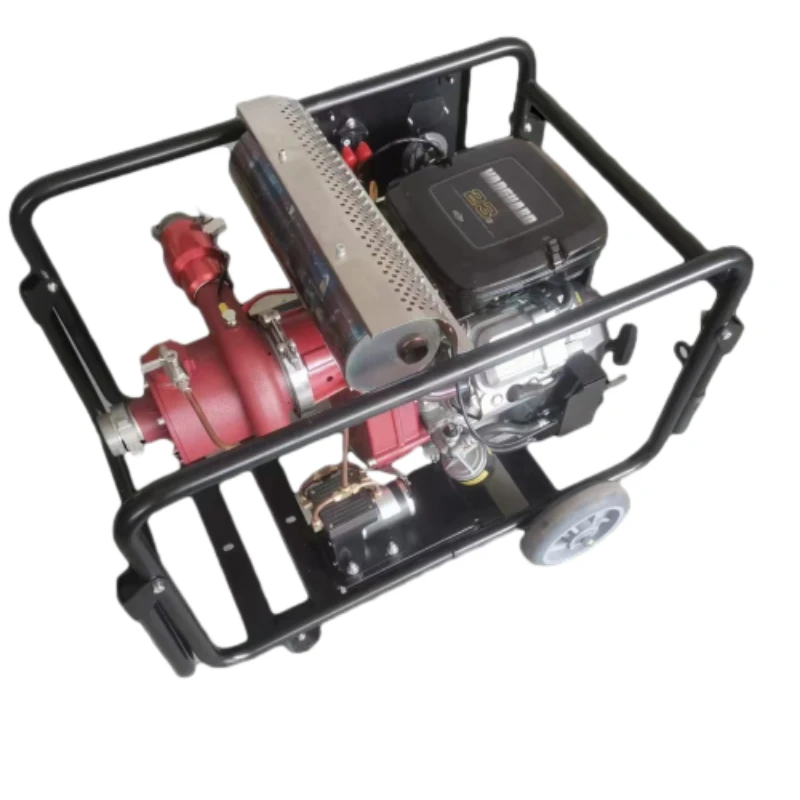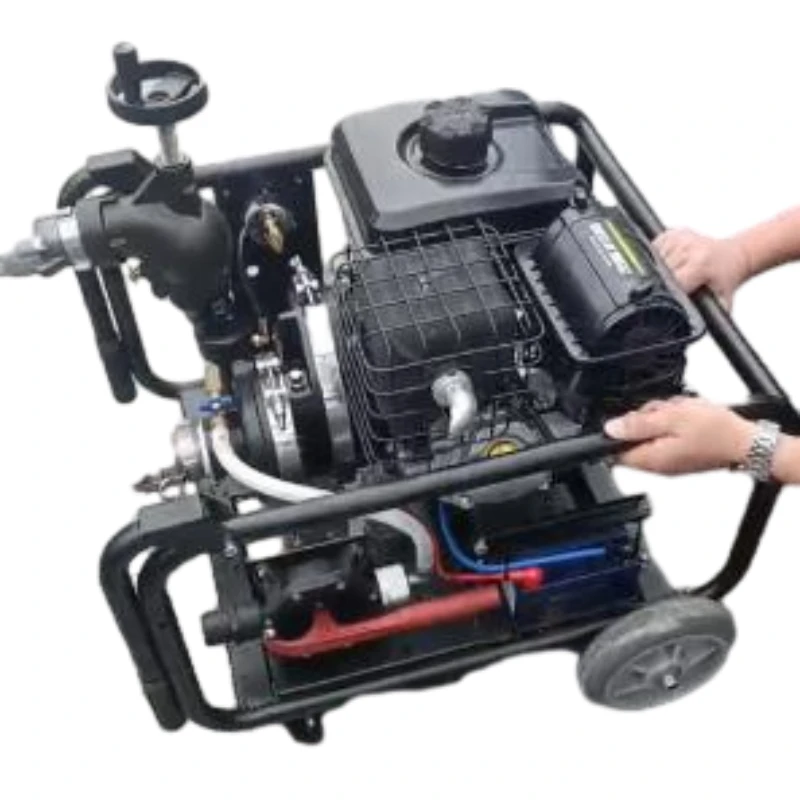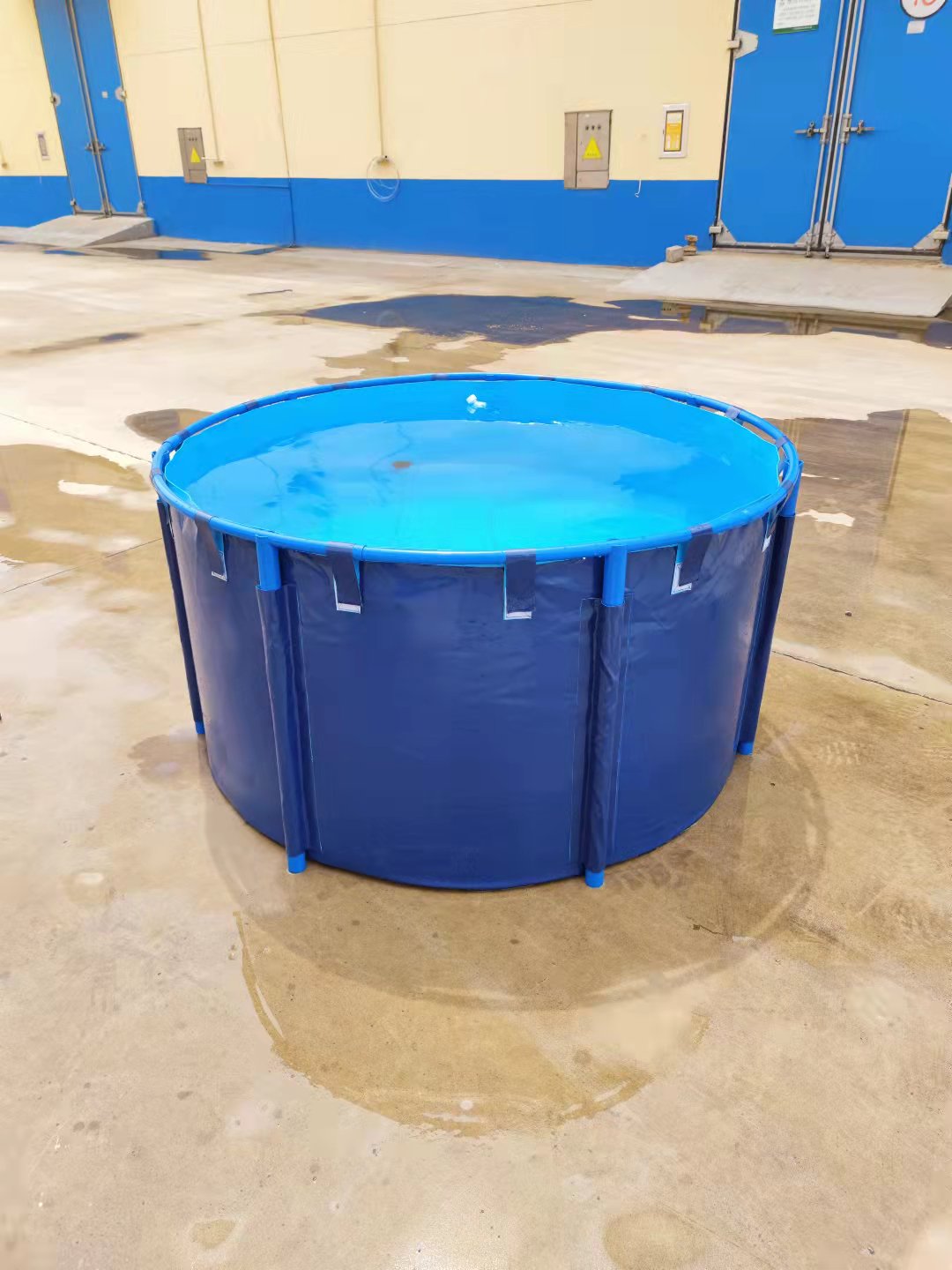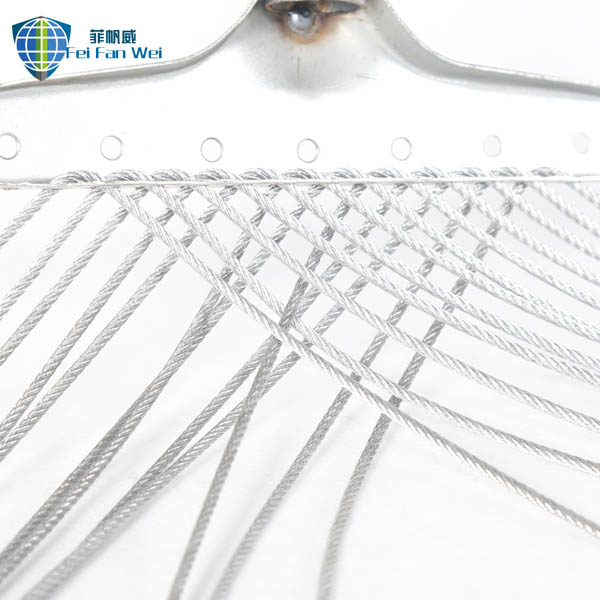Field Notes on the Mini Lightweight Portable Fire Pump
Wildland crews, estate managers, even marina teams keep telling me the same thing: the first five minutes decide everything. That’s why the current market tilt toward compact, high-head portable pumps isn’t a fad—it’s practicality. This particular unit—the Mini Lightweight Portable Fire Pump from Hebei, China—leans into rapid deployment: small footprint, strong pressure, honest build quality. I carried one up a switchback last summer (too many stairs, to be honest) and the weight relief was obvious compared with legacy sets.
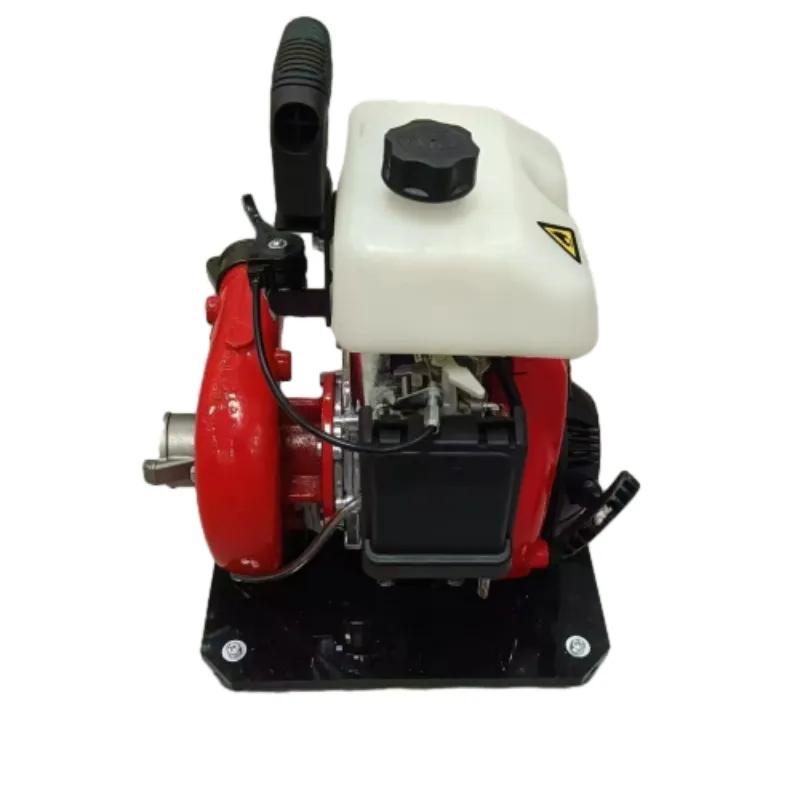
Why lightweight pumps are trending
Shorter staffing, longer fire seasons, tighter budgets—teams need kit that moves fast and works every time. Add in rooftop protection, agricultural fire breaks, and remote camps, and a Mini Lightweight Portable Fire Pump starts to look like the sensible “first-out” tool. The industry also nudges toward pumps that align with NFPA guidance for wildland operations and European EN norms—nothing flashy, just dependable compliance.
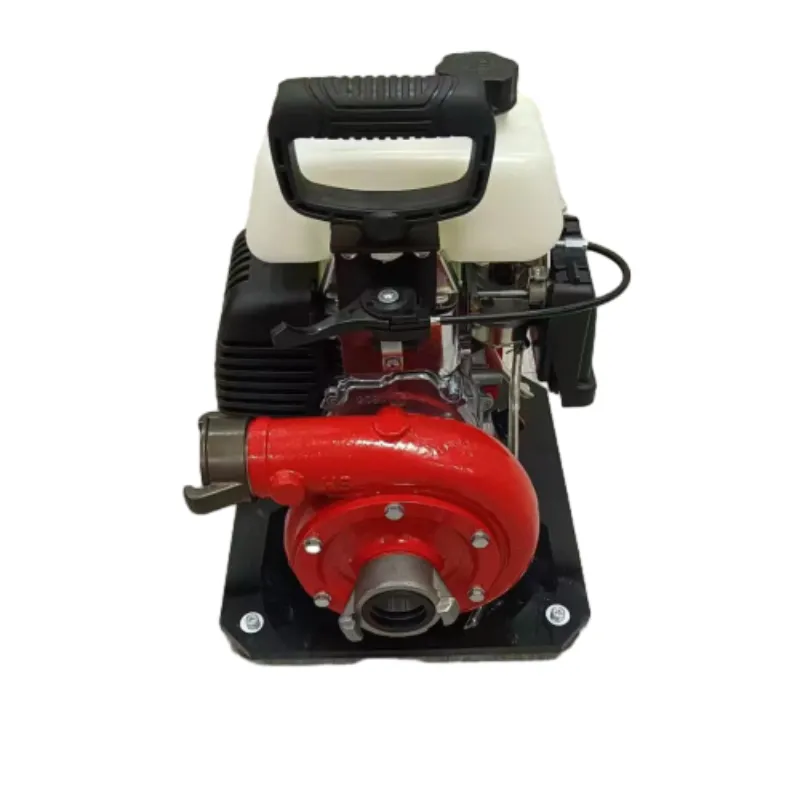
Key specifications (real-world use may vary)
| Pump type | Single-stage centrifugal, self-priming assist |
| Max flow | ≈ 180–250 L/min @ low head |
| Max pressure | ≈ 0.8–1.0 MPa (8–10 bar) peak |
| Head | Up to ≈ 90–100 m |
| Weight | ≈ 9–12 kg (dry) |
| Engine | Gasoline, 4‑stroke; recoil start (electric optional) |
| Fuel tank | ≈ 2.5–3.0 L; 1.5–2 h @ 75% load |
| Inlet/Outlet | 1.5" inlet; 1"–1.5" outlet NH/NPSH/BSP options |
| Priming time | ≈ 3–6 s @ 1 m suction lift |
| Materials | 6061‑T6 aluminum volute, bronze/aluminum impeller, Viton seals |
| Noise | ≤ 92 dB(A) @ 1 m (approx.) |
| Service life | ≈ 5–8 years or 1,500+ h with proper maintenance |
Where it shines
- Initial attack on brush and interface fires
- Rooftop sprinkler defense lines during ember storms
- Orchards, vineyards, and construction perimeters
- Marinas/docks for fast water relay (yes, with proper strainer)
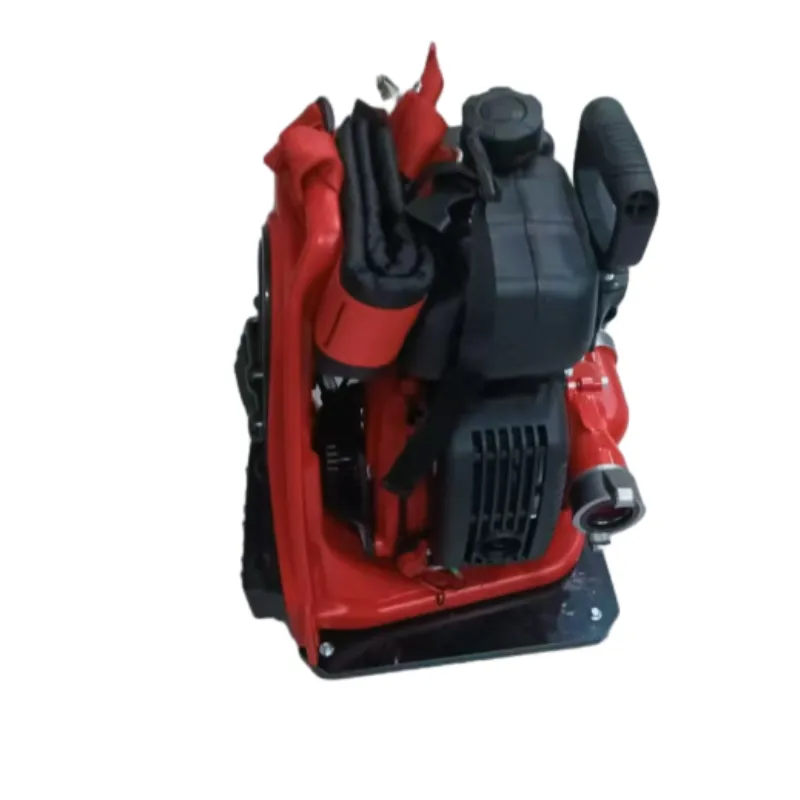
Manufacturing and testing process
Core materials include 6061‑T6 aluminum, 316 stainless fasteners, and fuel‑resistant Viton. Components are CNC‑machined and die‑cast, then anodized or powder‑coated for corrosion resistance. Testing typically covers:
- Hydrostatic pressure and flow bench validation (EN 14466 reference)
- NPSH checks and 100 h endurance @ 75% load
- Salt spray per ASTM B117 (≈ 96 h)
- Vibration screening (ISO 10816 guidance)
- Ingress protection around IP54 for controls
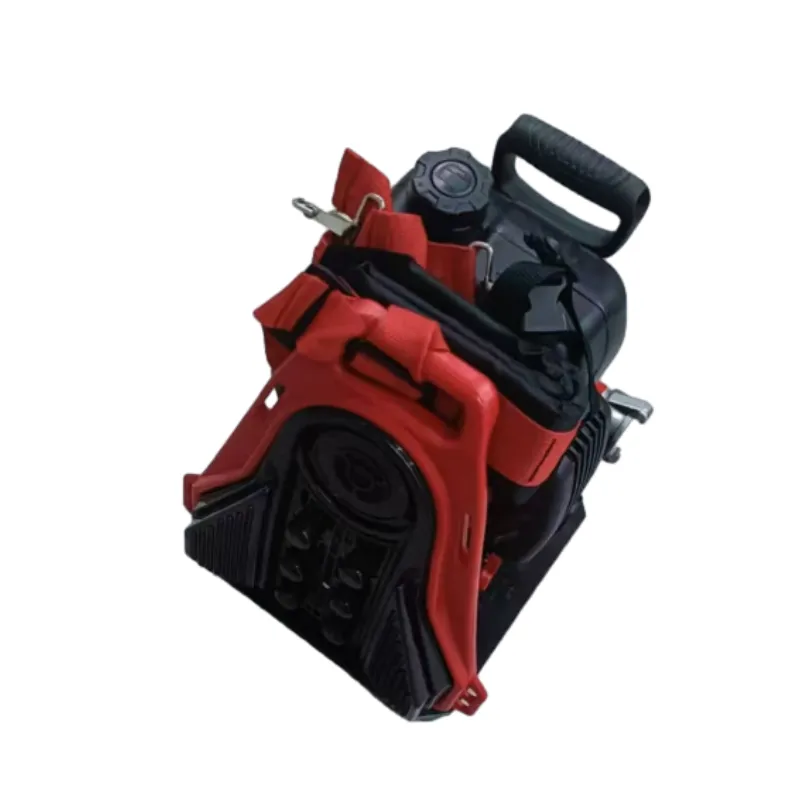
Vendor snapshot comparison
| Factor | FFW Fire Safety (this model) | Generic Import | Premium Brand |
|---|---|---|---|
| Weight | ≈ 9–12 kg | 12–14 kg | 8–10 kg |
| Max pressure | ≈ 8–10 bar | ≈ 6–8 bar | ≈ 9–11 bar |
| Certs/Compliance | ISO 9001; CE; EN 14466 reference | Basic CE | ISO 9001; CE; NFPA alignment |
| Customization | Thread types, colors, starts, gauges | Limited | Wide |
| After‑sales | Parts + remote support | Email only | Global network |
| Lead time | ≈ 2–4 weeks | ≈ 4–6 weeks | ≈ 3–5 weeks |
Customization options
Common tweaks include NH/NPSH/BSP threads, electric start with battery pack, low‑temp carb settings, quick‑connect manifolds, inline pressure gauge, color coding for departments, and data logger for training metrics. Many customers say the priming lever style is a small but crucial choice—worth testing.
Two quick case notes
- Greek island village: a pair of Mini Lightweight Portable Fire Pump units fed 1" forestry lines during a wind‑driven brush start; containment held at 0.6 ha, with flow measured ≈ 200 L/min combined.
- Orchard in Central California: booster tank and 30 m elevation gain; operators reported stable 7.5 bar at the nozzle, run time ≈ 1.7 h per tank.
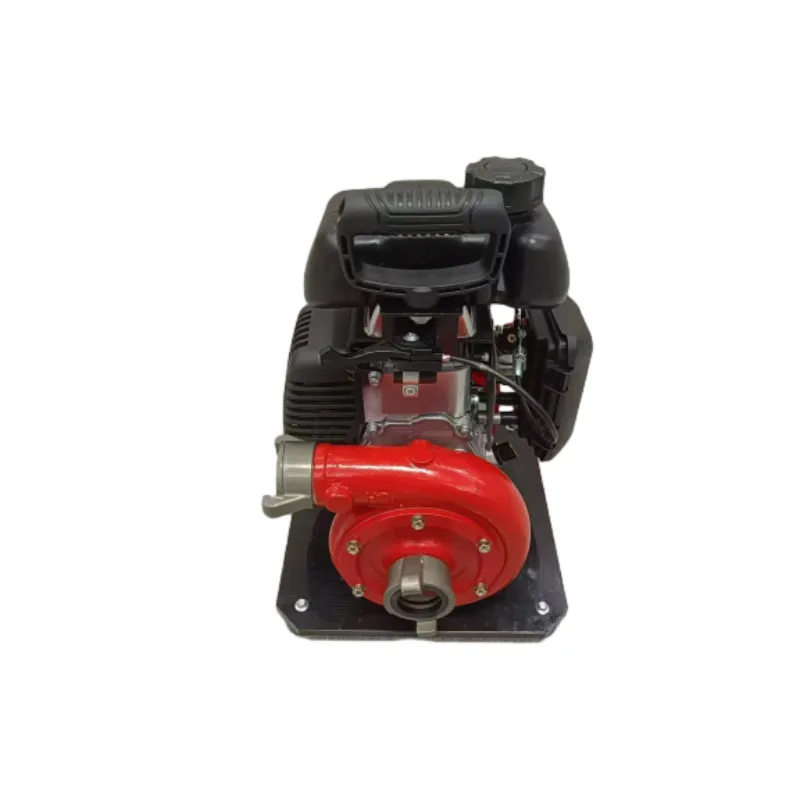
Buying checklist (quick)
- Required head vs. hose diameter/length; verify NPSH at your elevation
- Fuel logistics and maintenance schedule (spark plug, filter kit)
- Thread standards and adapters for your fleet
- Priming method and training time for new users
- Certifications and test data that match your AHJ’s expectations
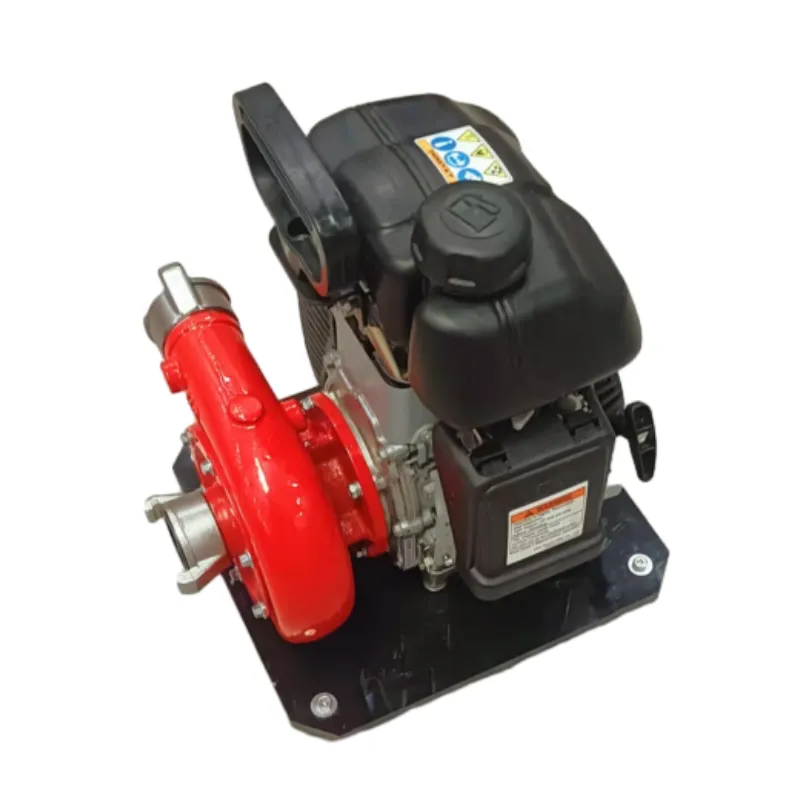
Origin, service, and standards
Manufactured in No.118 Youyi Street, Xinhua Dist., Shijiazhuang City, Hebei Province, China. Factory quality systems track ISO 9001, and units are offered with CE conformity. Performance targets reference NFPA wildland apparatus guidance and EN 14466 portable pump criteria. Feedback-wise, it seems that support response is prompt—surprisingly so for a compact tool at this price point.
References
- NFPA 1906: Standard for Wildland Fire Apparatus.
- EN 14466: Portable firefighting pumps with internal combustion engines.
- NWCG Water Handling Equipment Guide (PMS 411).
- ISO 9001:2015 Quality management systems.
- ASTM B117: Standard Practice for Operating Salt Spray (Fog) Apparatus.









